Em stock
Probio Forte
Probiótico multi estirpes potente para a microbiota intestinal
Conclua a sua seleção
Probio Forte é uma mistura perfeitamente equilibrada de cinco espécies de probióticos contendo um total de 8 mil milhões de bactérias benéficas por cada cápsula.
Estas 5 espécies figuram entre os probióticos mais estudados pela comunidade científica: Bifidobacterium lactis SD 5219, Lactobacillus acidophilus SD 5221, Lactobacillus casei SD 5213, Lactobacillus plantarum SD 5209 e Lactococcus lactis.
Têm potencial para alterar inúmeros parâmetros fisiológicos e metabólicos como a maturação do sistema imunitário, o reforço da barreira intestinal, a otimização da digestão, a produção de neurotransmissores capazes de influenciar a saúde psicológica, a degradação de substâncias tóxicas e a exclusão das bactérias patogénicas por efeito da competição.
As escolhas feitas pela SuperSmart para fabricar este complemento alimentar de exceção permitem aos 8 mil milhões de probióticos:
- manter-se viáveis e estáveis durante o período de conservação (liofilização em vez de atomização, adição de inulina durante o fabrico);
- estar presentes em grande número (8 mil milhões de bactérias por dose);
- chegar ao local de ação, o intestino, em concentração suficiente (utilização de cápsulas gastro-resistentes).
“O papel do infinitamente pequeno na natureza é infinitamente grande.” Louis Pasteur
Quais são os benefícios de Probio Forte?
Os efeitos benéficos de Probio Forte explicam-se pela atividade enzimática de cada uma das espécies de probióticos, pela sua interação com as outras espécies que compõem o microbioma, pelos efeitos que tem na barreira intestinal e pela sua capacidade de comunicar com o sistema nervoso central por intermédio do nervo pneumogástrico (1). Constata-se nomeadamente:
- uma melhoria da qualidade da resposta imunitária;
- um alívio dos desconfortos gastrointestinais e dos sintomas digestivos (dores abdominais, borborigmos, flatulências, aerofagias…) (2);
- uma contribuição para reduzir a síndrome do cólon irritável, a intolerância à lactose e a obstipação (3-4);
- um encurtamento do tempo de trânsito intestinal (5);
- uma contribuição para o bem-estar gastrointestinal, mesmo nos indivíduos saudáveis (6);
- uma modulação da atividade do cérebro (7);
- efeitos positivos no estado de humor e na saúde psicológica (8);
- uma redução da inflamação sistémica;
- uma competição direta com bactérias responsáveis por infecções (como a Helicobacter pylori (9)).
O que é que torna Probio Forte verdadeiramente excecional?
1) O seu acondicionamento ultra inovador
Probio Forte é acondicionado de uma forma extremamente inovadora que maximiza a sobrevivência dos probióticos nele contidos: as cápsulas gastro-resistentes. Trata-se de cápsulas que protegem os probióticos da acidez do estômago e contribuem igualmente para maximizar a sua sobrevivência durante todo o tempo de conservação, preservando-os da humidade.
Certificadas como veganas, sem OGM, halal e kasher, receberam o grande prémio na categoria “Novo equipamento, procedimento e tecnologia” atribuído pela célebre Nutraceutical Business and Technology (NBT) Magazine.
Como funciona? Um estudo realizado in vivo baseado numa cintigrafia (10), mostrou que a libertação do seu conteúdo começava, em média, 52 minutos após ter sido ingerida. Esta libertação retardada permite aos probióticos estarem protegidos quando atravessam o meio ácido do estômago. Sem esta inovação tecnológica, a maioria dos probióticos não chega viva ao intestino e, por conseguinte, não consegue desenvolver-se nele.
2) O seu método de fabrico
Para conservar por mais tempo os probióticos, é indispensável mergulhá-los num estado de “dormência”, desidratando-os. Para o conseguir, existem duas principais técnicas possíveis: a atomização e a liofilização.
A atomização é uma técnica que consiste em fazer passar o líquido que contém as estirpes por um fluxo de ar quente para o reduzir a um pó. É o método mais barato e mais rápido, mas sujeita os probióticos a condições muito rudes (11) (temperaturas muito altas, stress osmótico, stress oxidativo (12), desintegração das membranas lipídicas (13), etc.) que matam inexoravelmente uma parte dos probióticos (14). Usando tal procedimento, é impossível garantir que o número de bactérias viáveis corresponde ao indicado na caixa do complemento.
Foi por esta razão que a SuperSmart optou por recorrer à liofilização, um tratamento mais longo e mais caro, mas que garante uma estabilidade ideal dos probióticos (15). Consiste em secar por sublimação os probióticos previamente congelados.
Atenção: apesar de as bactérias não vivas poderem exercer efeitos na imunidade, foi reconhecido cientificamente que a quantidade de bactérias que chegam vivas ao intestino é o critério de qualidade mais importante numa fórmula probiótica.
3) As junções de ingredientes naturais para maximizar a sobrevivência dos probióticos
Não satisfeita com o facto de ter optado pela liofilização para fabricar os seus suplementos, a SuperSmart pensou também em juntar ingredientes naturais protetores dos probióticos, seguindo as mais recentes recomendações científicas (16).
Assim, Probio Forte contém inulina, extraída de forma natural da raiz de chicória, um glúcido não digerível que serve para estimular o crescimento das bifidobactérias (17) e maximizar a viabilidade dos probióticos durante o fabrico e o armazenamento. Na verdade, estes polissacáridos naturais atuam como lioprotetores reduzindo a formação dos cristais de gelo durante o processo de fabrico e diminuindo os danos celulares infligidos aos probióticos aquando da conservação.
De que é composto Probio Forte
Tem dúvidas? Questões?
A nossa equipa de especialistas em nutrição e cientistas tem as respostas.
Probio Forte é um complemento que se destina à população em geral, nomeadamente:
- às pessoas que desejam cuidar do seu microbiota;
- a quem sofre de problemas digestivos de todos os tipos, desconforto, intolerância à lactose, dores de barriga, inchaços, flatulência…);
- às pessoas com mais de 50 anos cuja composição da flora intestinal tem tendência para se degradar (menos bifidobactérias, mas bacteroidetes patogénicas) (23-24);
- às pessoas que seguem ou seguiram um tratamento com antibióticos (25);
- às pessoas frágeis (26);
- às pessoas com problemas do foro imunitário ou que desejam aumentar a qualidade das suas respostas imunitárias;
- a quem deseja simplesmente melhorar o seu bem-estar no quotidiano.
Probio Forte deve ser conservado no frigorífico?
Recomenda-se manter o produto em condições de temperatura baixa e pouca humidade para manter a maior quantidade possível de bactérias "viáveis". É por essa razão que a SuperSmart conserva todo o stock de Probio Forte em locais refrigerados.
Contudo, a conservação à temperatura ambiente conduz apenas a uma ligeira diminuição do número de bactérias viáveis, desde que não ultrapasse algumas semanas. Isto foi possível graças à junção de ingredientes naturais que permitem especificamente aumentar a sobrevivência dos probióticos a temperaturas inadequadas.
Que acontece aos probióticos de Probio Forte após a sua ingestão?
Uma vez ingeridos, os probióticos são libertados no intestino, onde são imediatamente re-hidratados. Saem então do seu estado de dormência e começam a multiplicar-se, entrando em competição com outras bactérias para aderir às paredes intestinais.
A sobrevivência e o crescimento dos probióticos no tracto gastrointestinal é crucial para influenciar as populações microbianas e exercer as suas atividades benéficas. Os estudos realizados mostram que a toma de probióticos deve ser repetida e regular para que este crescimento seja duradouro e os efeitos sejam mensuráveis.
Apesar de os probióticos estarem protegidos do meio ácido estomacal pela DR Cap™, aconselha-se tomar Probio Forte em jejum e com um copo de água para reduzir ao máximo essa acidez e garantir uma melhor esperança de sobrevivência possível às bactérias que tenham sido libertadas demasiado cedo.
É preciso adaptar a nossa alimentação quando se toma Probio Forte?
Recomenda-se aumentar de forma progressiva os seus aportes em fibras alimentares (frutas, legumes, cereais integrais), de forma a fornecer aos probióticos os materiais necessários para o seu desenvolvimento. Estas fibras são, de facto, consideradas como sendo "prebióticos".
A fórmula Probio Forte contém 5 estirpes de probióticos diferentes que figuram entre as espécies mais estudadas pela investigação científica.
Bifidobacterium lactis (SD 5219).
As espécies do género Bifidobacterium são utilizadas há muitas décadas como complementos alimentares (18) e oferecem uma segurança de utilização perfeita. A Bifidobacterium lactis é reputada pela sua contribuição para o sistema imunitário (19): vários estudos demonstraram a sua capacidade para baixar o nível de várias citocinas envolvidas na inflamação sistémica (fator de necrose tumoral, interleucina 10) (20) e também para melhorar a capacidade fagocitária e a atividade das células Natural Killers (NK) (21).
As espécies do género Lactobacillus: acidophilus (SD 5221), casei (SD 5213), plantarum (SD 5209) e Lactococcus lactis.
Estas espécies gozam de uma grande popularidade na comunidade científica. Encontramo-las, aliás, em alimentos fermentados como os iogurtes ou o kefir. O Lactobacillus acidophilus é uma estirpe estudada cientificamente há mais de 40 anos; foi isolada em 1975 em laboratórios da Carolina do Sul pelo professor M. Gilliland e sua equipa, a partir de uma estirpe humana (22). Estas quatro espécies exercem todas os efeitos que podemos esperar dos probióticos, mas apresentam, em particular, efeitos antimicrobianos relevantes, nomeadamente graças à capacidade que têm de segregar ácidos orgânicos e diferentes péptidos bacteriostáticos.
As cápsulas deste produto são constituídas por HPMC (hidroxipropilmetilcelulose), uma substância vegetal derivada da celulose. A HPMC é comummente utilizada em medicamentos e em suplementos alimentares. Não contém qualquer ingrediente de origem animal, é reconhecida como segura pelas autoridades de saúde e é considerada mais resistente do que as alternativas sintéticas.
Opiniões
A nota atribuída a este produto é de 4.6 em 5 estrelas.
Recolhemos 213 opiniões.
75%
18%
3%
0%
4%
13 março 2023
Sempre que em cal el tinc i no em falla.
17 abril 2021
Funcionou
17 outubro 2018
Parfait ... rien à redire
22 janeiro 2026
Producto eficaz.
3 janeiro 2026
Un produit qui semble être efficace, grâce à sa composition originale, qui se démarque de la concurrence.
Um produto que parece ser eficaz, graças à sua composição original, que se destaca da concorrência.
Precisa de ajuda?
Telefone
Escreva-nos
ou reembolsado;

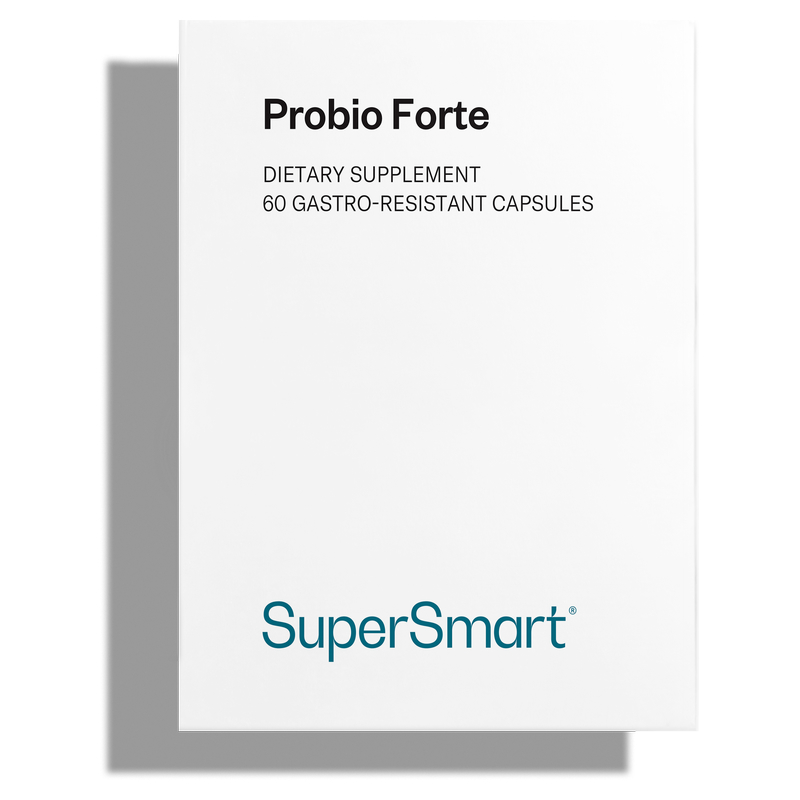
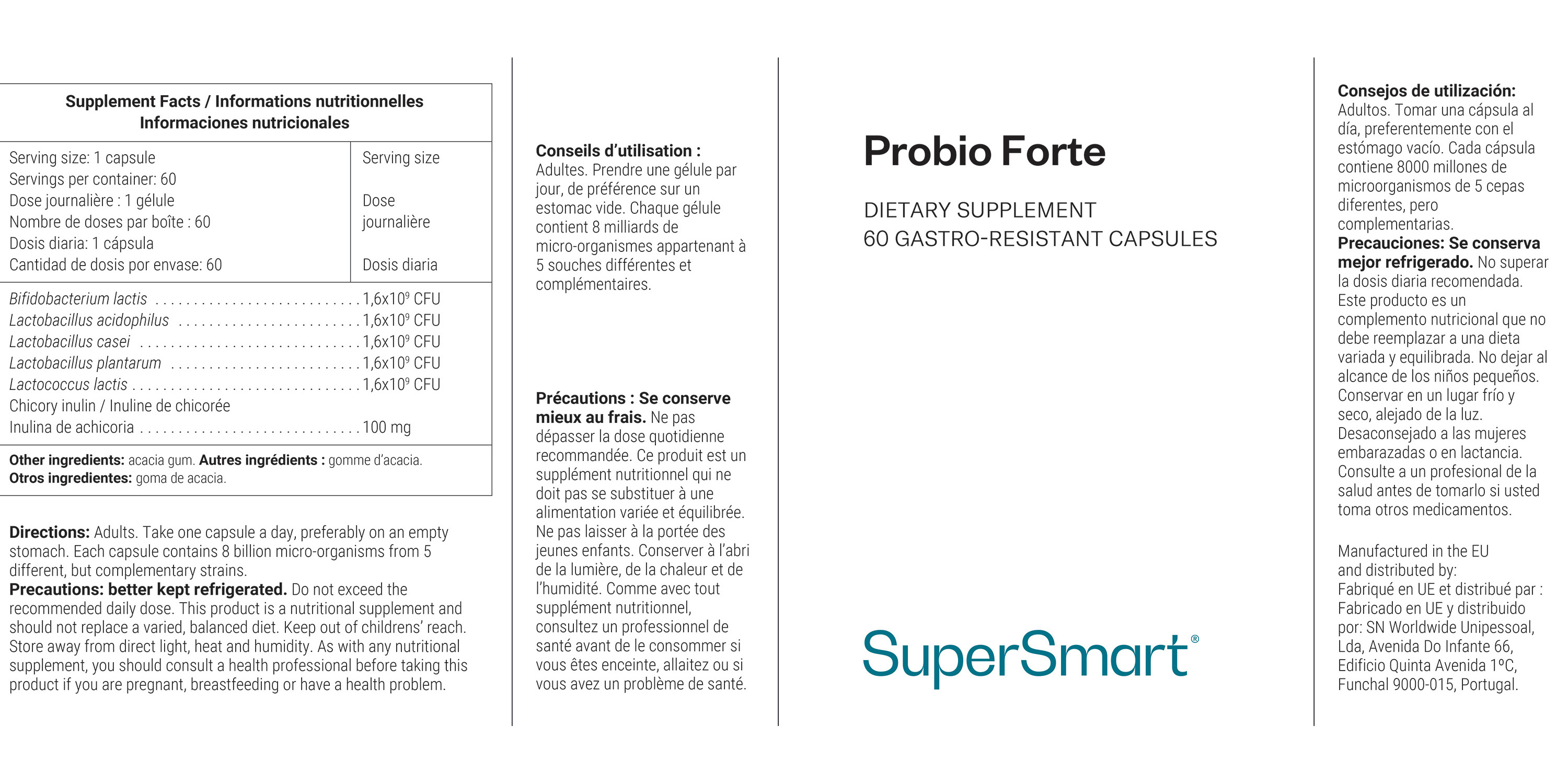
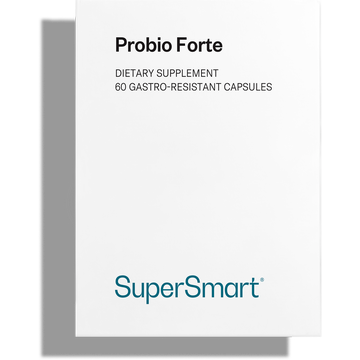
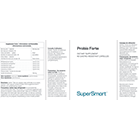


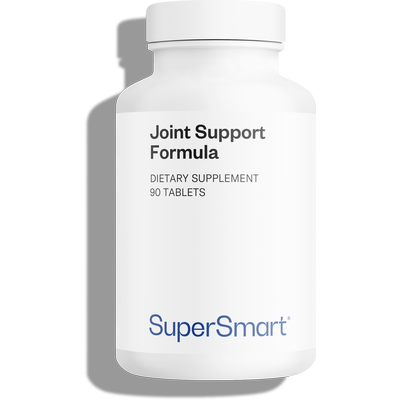
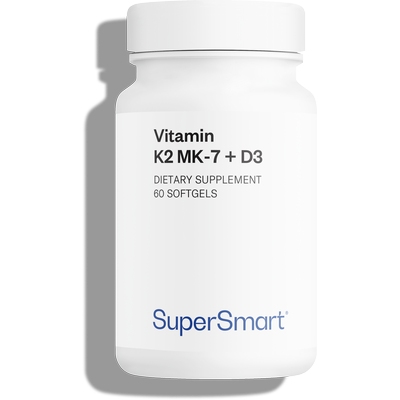
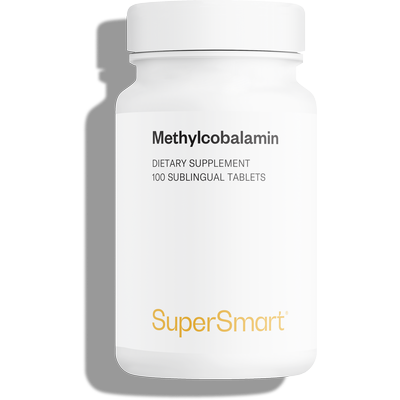

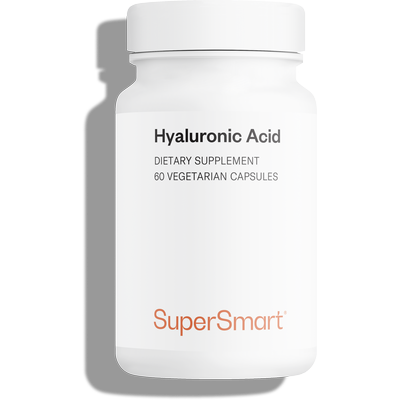


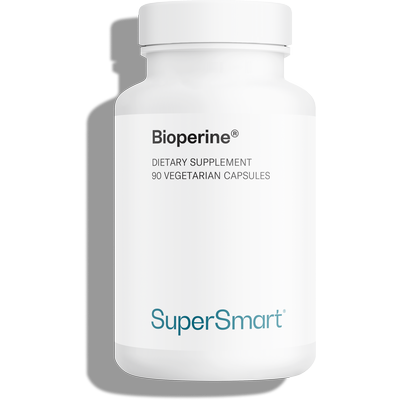

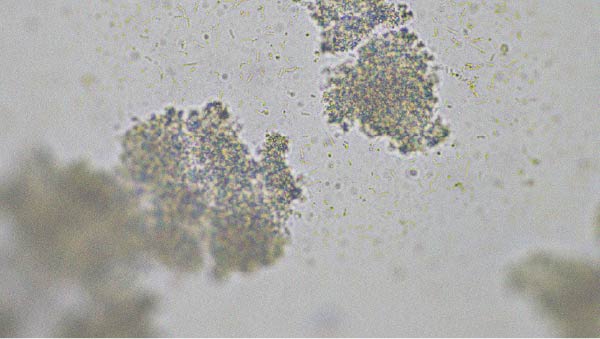
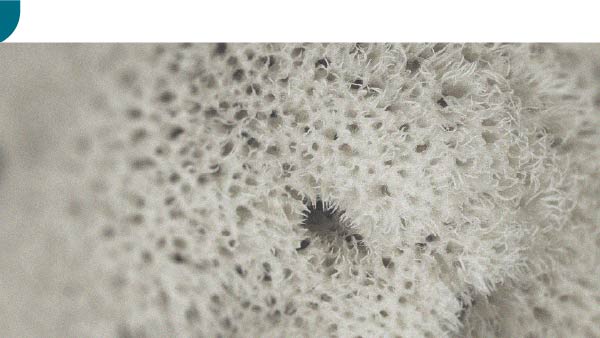
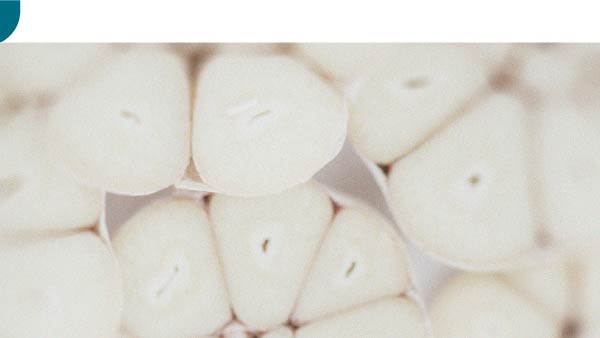
Câest une erreur en effet. Vous pouvez mettre 5 étoiles.